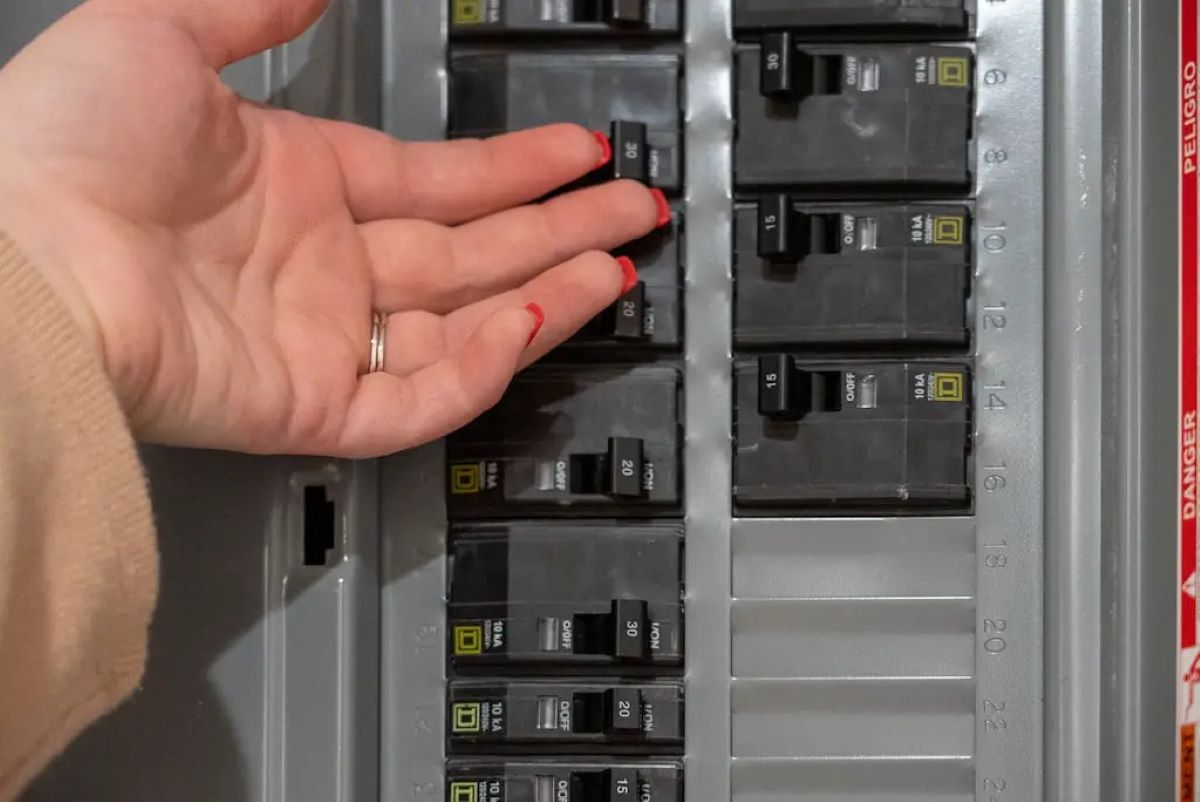

Articles
Why Are My Breakers Hot
Modified: December 7, 2023
(Many of the links in this article redirect to a specific reviewed product. Your purchase of these products through affiliate links helps to generate commission for Storables.com, at no extra cost. Learn more)
Introduction
Welcome to the world of circuit breakers and the phenomenon of hot breakers. If you’ve ever noticed that your circuit breakers are hot to the touch, you’re probably wondering why it’s happening and if it’s something to be concerned about. In this article, we will explore the possible causes of hot breakers and provide you with some tips on how to prevent them from overheating.
But first, let’s understand what circuit breakers are and how they function. Circuit breakers are essential safety devices that protect your electrical system from overload and short circuits. They are designed to automatically disconnect the flow of electricity when an excessive amount of current passes through a circuit. This interruption prevents potential damage to your electrical appliances and wiring, as well as the risk of electrical fires.
Now that we are familiar with the function of circuit breakers, let’s delve into the reasons why they may become hot.
Key Takeaways:
- Overloading, loose connections, faulty breakers, and environmental factors can cause hot breakers. Prevent overheating by distributing electrical load evenly, tightening connections, ensuring proper ventilation, and conducting regular inspections.
- Recognize signs of overheating breakers, such as excessive heat, burning smells, or discoloration. Consult a licensed electrician for professional maintenance and timely resolution of potential issues.
Understanding Circuit Breakers
Before we dive into the causes of hot breakers, it’s important to have a basic understanding of how circuit breakers work. A circuit breaker consists of three main components: the switch, the trip mechanism, and the overload protection device.
The switch is responsible for manually turning the circuit on and off. It allows you to control the flow of electricity to your electrical devices and appliances. The trip mechanism is designed to detect excessive current flowing through the circuit. When this happens, the trip mechanism activates and opens the switch, interrupting the flow of electricity.
The overload protection device, typically referred to as the thermal element, is buil
Causes of Hot Breakers
Now that we understand the basic functioning of circuit breakers, let’s explore some common causes of hot breakers:
- Overloading: One of the main reasons for hot breakers is overloading. This occurs when you have too many appliances or devices drawing power from a single circuit, exceeding its capacity. When the circuit is overloaded, the circuit breaker has to work harder to regulate the excessive current flow, leading to increased heat.
- Loose Connections: Loose connections within the circuit breaker panel can create resistance and cause heat buildup. Over time, these loose connections can become a fire hazard. It’s crucial to check for any loose wires or connections and tighten them properly to ensure a secure and efficient electrical system.
- Faulty Breakers: Sometimes, the issue of hot breakers may arise due to faulty circuit breakers. Age, wear and tear, and manufacturing defects can cause the breakers to malfunction. Faulty breakers may not trip properly when there is an overload or short circuit, leading to excessive heat generation.
- Environmental Factors: The environment in which the circuit breaker is located can also contribute to its heating. Heat sources such as direct sunlight, proximity to heating systems, or inadequate ventilation can increase the temperature around the breaker, resulting in a hotter breaker.
It’s important to understand that these causes may not always act independently. For instance, overloading combined with loose connections can accelerate the heat generation. By addressing these causes, you can effectively mitigate the risk of hot breakers and enhance the safety of your electrical system.
Overloading
Overloading is one of the most common causes of hot breakers. It occurs when the electrical load on a circuit exceeds its capacity. Every circuit is designed to handle a specific amount of electrical current. When you connect too many appliances or devices to a single circuit, the total amount of current drawn surpasses the circuit’s capacity.
When a circuit is overloaded, the circuit breaker has to work harder to regulate the excessive current flow. This increased workload generates heat within the breaker. Over time, the continuous overload can cause the breaker to overheat and potentially fail.
To prevent overloading and hot breakers, it’s crucial to distribute your electrical load evenly across different circuits. The total electrical load should not exceed the circuit’s amp rating. You can find the amp rating of your circuit breaker on the panel or by consulting an electrician.
When determining the electrical load, consider the wattage or amperage requirement of each appliance or device. Add up the individual loads to ensure they are within the circuit’s capacity. If you find that the total load exceeds the circuit’s rating, you may need to redistribute the appliances or consider adding additional circuits to accommodate the electrical demand.
It’s also essential to be mindful of high-power appliances such as air conditioners, refrigerators, or washing machines. These appliances draw significant amounts of current when they start up. To prevent overloading, it’s advisable to have dedicated circuits for these heavy-duty appliances.
Regularly inspect your electrical system to ensure that no additional outlets or extensions have been added to a circuit without considering its capacity. Overloading a circuit can not only lead to hot breakers but also pose a fire risk. By being cautious and proactive, you can avoid overloading and maintain a safe electrical system.
Loose Connections
Another common cause of hot breakers is loose connections within the electrical system. A loose connection occurs when the wires or terminals inside the circuit breaker panel are not securely fastened.
When a connection is loose, it creates resistance to the flow of electricity. This resistance causes heat to build up at the point of the loose connection. As the current passes through the circuit breaker, the loose connection starts to heat up, leading to a hot breaker.
Loose connections can be caused by a variety of factors. Over time, vibrations or thermal expansion and contraction can cause the wires or terminals to loosen. Inexperienced installation or improper maintenance can also contribute to loose connections.
It’s important to regularly inspect the circuit breaker panel and check for any signs of loose connections. Look for loose wires, terminals that are not secured properly, or signs of corrosion. If you notice any loose connections, it’s crucial to tighten them immediately to prevent further heat buildup and potential hazards.
When tightening connections, be careful not to overtighten, as this can damage the wires or terminals. It’s recommended to use the appropriate tool, such as a screwdriver or pliers, to securely fasten the connections without causing any damage.
If you are unsure about how to properly tighten connections or if you notice extensive corrosion or damage, it’s best to consult a licensed electrician. They have the expertise and knowledge to identify and resolve any loose connection issues safely.
Regular maintenance of your electrical system is key to preventing loose connections. Inspect your circuit breaker panel periodically and tighten any connections that may have become loose. By addressing loose connections promptly, you can minimize the risk of hot breakers and ensure a safe and reliable electrical system.
If your breakers are hot, it could be a sign of an overloaded circuit. Try unplugging some devices to reduce the load and see if the heat decreases. If not, consult a professional electrician.
Read more: Why Is My Space Heater Tripping The Breaker
Faulty Breakers
Faulty breakers can also be a significant cause of hot breakers. Despite their essential role in protecting your electrical system, circuit breakers can experience malfunctions due to age, wear and tear, or manufacturing defects.
When a circuit breaker is faulty, it may not trip properly when there is an overload or a short circuit. Instead of interrupting the current flow, it may allow excessive current to pass through, leading to increased heat generation. This can result in a hot breaker.
There are several signs that may indicate a faulty circuit breaker. These include:
- Frequent tripping: If your breaker frequently trips without any apparent reason or under normal load conditions, it could be a sign of a faulty breaker.
- Inconsistent breaker behavior: A breaker that frequently fails to trip or, conversely, trips too easily may suggest a malfunction.
- Burning smell or visible damage: If you notice a burning smell or visual signs of damage, such as scorch marks or discoloration, on the breaker or inside the breaker panel, it could indicate a faulty breaker.
- Poor contact: When a breaker is not making proper contact with the electrical panel, it can cause resistance and generate heat.
If you suspect that your circuit breaker is faulty, it’s crucial to address the issue promptly. A faulty breaker not only puts your electrical system at risk but also increases the chances of electrical accidents or fires.
To resolve the issue of a faulty breaker, it’s recommended to consult a licensed electrician. They can inspect the breaker, identify the problem, and properly replace or repair the faulty component. Attempting to fix or replace a circuit breaker without the necessary knowledge and skills can be dangerous and should be avoided.
Regular maintenance and periodic inspections of your electrical system can help identify faulty breakers early on. If you notice any of the signs mentioned above or have concerns about the integrity of your breakers, it’s best to seek professional assistance. By addressing faulty breakers, you can ensure the safety and efficiency of your electrical system.
Environmental Factors
In addition to overloading, loose connections, and faulty breakers, environmental factors can also contribute to the heating of circuit breakers. The location and surroundings of the breaker panel can have a significant impact on its temperature.
Here are some environmental factors that can influence the temperature of circuit breakers:
- Direct sunlight: If the breaker panel is exposed to direct sunlight for extended periods, it can absorb heat and raise the temperature of the breakers.
- Proximity to heat sources: Placing the breaker panel near heat-emitting appliances or equipment, such as furnaces, water heaters, or HVAC systems, can increase the ambient temperature around the breakers.
- Inadequate ventilation: If the breaker panel is located in a confined space or an area with poor ventilation, it can impede the dissipation of heat and lead to hotter breakers.
To mitigate the impact of environmental factors on breaker temperature, there are a few actions you can take:
- Ensure proper ventilation: Make sure that the area around the breaker panel is well-ventilated. This allows for the efficient dissipation of heat and helps maintain a cooler temperature.
- Consider strategic placement: When installing a new breaker panel or relocating an existing one, try to avoid placing it in direct sunlight or near heat-emitting appliances. Finding a cool and well-ventilated location can help reduce the temperature of the breakers.
- Install cooling mechanisms: In certain cases, especially for panels located in high-temperature or poorly ventilated environments, installing additional cooling mechanisms like fans or vents can help manage the temperature and prevent excessive heat buildup.
By addressing these environmental factors, you can minimize the chances of overheating breakers and maintain a more stable and safe electrical system.
Signs of Overheating Breakers
Recognizing the signs of overheating breakers is essential for identifying potential issues and taking appropriate measures to address them. Here are some common signs that indicate your breakers may be overheating:
- Hot to the touch: If you notice that your circuit breakers feel excessively hot to the touch, it is a clear indication of overheating. Keep in mind, though, that breakers can become warm during normal operation. However, if they are too hot to touch comfortably, it may indicate a problem.
- Burning smell: If you detect a burning smell coming from your breaker panel or near the breakers, it should not be ignored. This odor could be a sign of overheating, indicating significant issues that need to be addressed promptly.
- Visible discoloration or scorch marks: Inspect the breaker panel and breakers for any signs of discoloration, such as darkened areas, or scorch marks. These marks are an indication that excessive heat has been generated, potentially due to overloading or loose connections.
- Frequent tripping: If your breakers are tripping more frequently than usual, it could be a sign of overheating. When breakers become hot, they may trip more easily as a safety mechanism. This indicates that the breaker is struggling to handle the current load and needs attention.
- Electrical malfunctions: Overheating breakers can cause other electrical malfunctions within your home. These may include flickering lights, outlets that are not working correctly, or appliances that are not running at their optimal performance. These issues should be assessed to determine if they are related to overheating breakers.
- Burned or melting insulation: Inspect the insulation around the wires connected to the breakers. If you notice any signs of melting or burned insulation, it indicates excessive heat generated by the breakers. This is a critical issue that should be resolved immediately.
If you notice any of these signs, it is crucial to take action to address the overheating breakers. First, turn off the affected breaker to eliminate the risk of further damage or potential electrical hazards. Next, consult a licensed electrician to investigate the cause of overheating and identify the appropriate solutions. Avoid attempting to handle electrical issues yourself, as it can be dangerous and requires professional expertise.
Early detection and timely resolution of overheating breakers can prevent further damage to your electrical system and ensure the safety and reliability of your home’s electrical infrastructure.
Preventing Breaker Overheating
To prevent breaker overheating and maintain the safety and efficiency of your electrical system, here are some proactive measures you can take:
- Proper Load Distribution: Avoid overloading circuits by distributing the electrical load evenly. Ensure that the total electrical load does not exceed the circuit’s amp rating. Consider adding additional circuits or dedicating circuits for high-power appliances to prevent overloading.
- Tighten Connections: Regularly inspect the breaker panel for any signs of loose connections. Tighten any loose wires or terminals to prevent resistance and heat buildup. However, be cautious not to overtighten, as it can damage the wires or terminals.
- Maintain Adequate Ventilation: Ensure that the breaker panel and the surrounding area have proper ventilation. Adequate airflow helps dissipate heat and keeps the breakers cooler. Avoid placing the panel in a confined space or near heat-emitting appliances.
- Regular Inspections: Periodically inspect the breaker panel for any visible signs of damage, discoloration, or scorch marks. If you notice any issues, such as burning smells or melted insulation, address them immediately. Regular inspections allow for early detection and timely resolution of potential problems.
- Professional Maintenance: Consider scheduling regular maintenance and inspections by a licensed electrician. They can assess the overall health of your electrical system, identify any potential issues, and provide expert guidance and solutions.
- Upgrade Aging Breakers: Over time, breakers may become less efficient or more prone to malfunctions. If your breakers are old or showing signs of wear, consider upgrading them to newer, more reliable models. Consult with a qualified electrician to determine the appropriate replacement options for your specific needs.
Remember, electrical work can be complex and potentially dangerous. It’s always advisable to consult a licensed electrician for any electrical maintenance or repairs. They have the knowledge, experience, and tools to handle electrical issues safely and ensure compliance with building codes and regulations.
By following these preventive measures and prioritizing the regular maintenance of your electrical system, you can minimize the risk of breaker overheating, prolong the lifespan of your breakers, and promote a safer and more efficient electrical setup in your home or business.
Read more: Why Does My Furnace Have Two Breakers
Conclusion
Hot breakers can be a cause for concern and should not be ignored. Understanding the causes of hot breakers and knowing how to prevent them is crucial for maintaining the safety and efficiency of your electrical system.
We’ve explored some of the common causes of hot breakers, including overloading, loose connections, faulty breakers, and environmental factors. Overloading occurs when the electrical load on a circuit exceeds its capacity, while loose connections can lead to resistance and heat buildup. Faulty breakers may not trip properly, allowing excessive current to flow through and generate heat. Environmental factors such as direct sunlight and inadequate ventilation can also contribute to breaker overheating.
To prevent hot breakers, it’s important to distribute the electrical load evenly across circuits, tighten any loose connections, ensure proper ventilation around the breaker panel, and conduct regular inspections. Consulting a licensed electrician for professional maintenance and upgrading aging breakers can also help in preventing overheating issues.
Recognizing the signs of overheating breakers, such as excessive heat, burning smells, discoloration, or frequent tripping, is essential for early detection and prompt resolution of the underlying problems.
Remember, electrical work can be dangerous, and it’s always best to seek professional assistance if you’re unsure or inexperienced. A licensed electrician can provide expert advice, assess your electrical system, and ensure that any maintenance or repairs are carried out safely.
By following these preventive measures and staying vigilant, you can prevent breaker overheating, minimize the risk of electrical hazards, and maintain a safe and reliable electrical system in your home or business.
Frequently Asked Questions about Why Are My Breakers Hot
Was this page helpful?
At Storables.com, we guarantee accurate and reliable information. Our content, validated by Expert Board Contributors, is crafted following stringent Editorial Policies. We're committed to providing you with well-researched, expert-backed insights for all your informational needs.
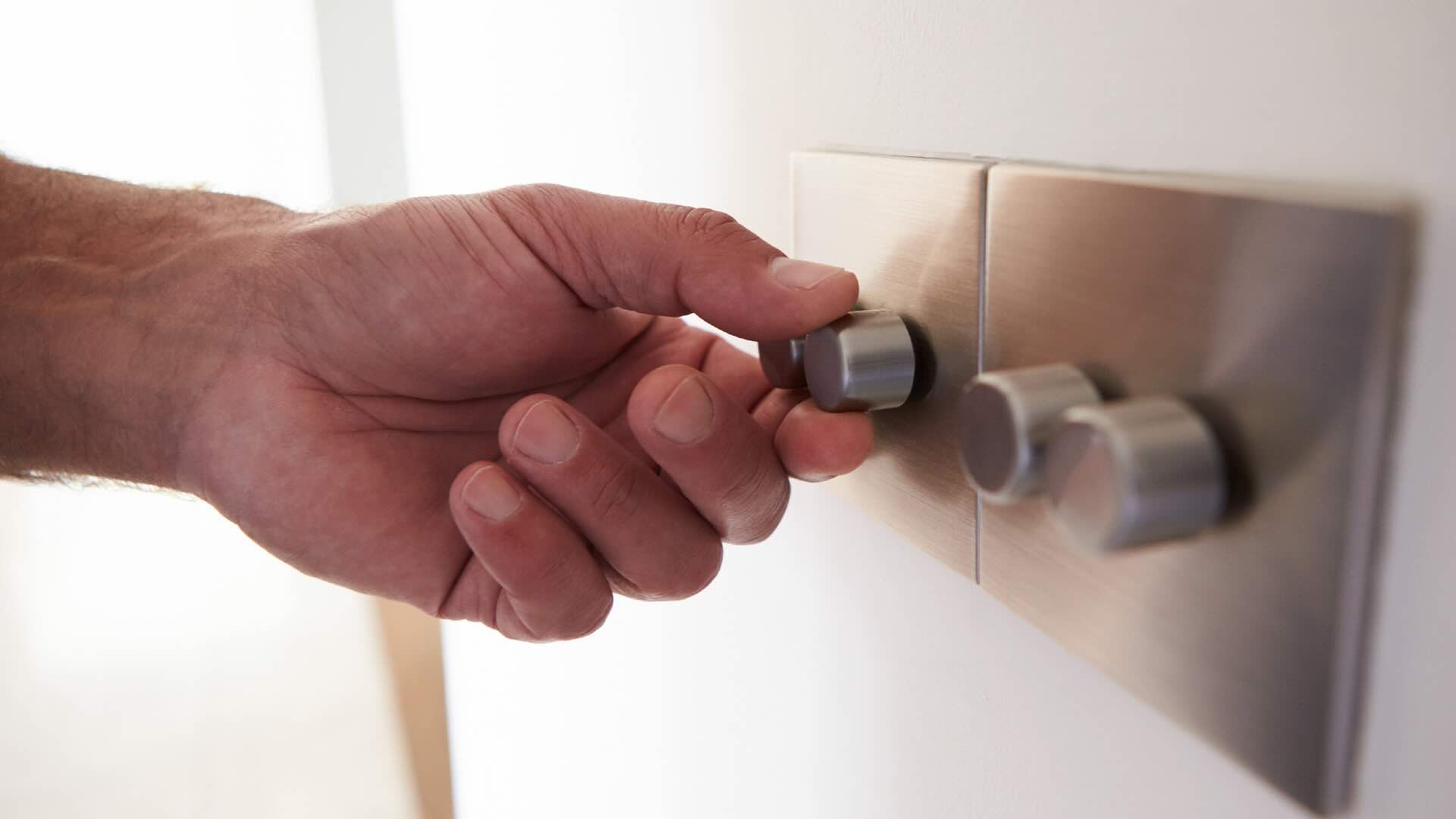

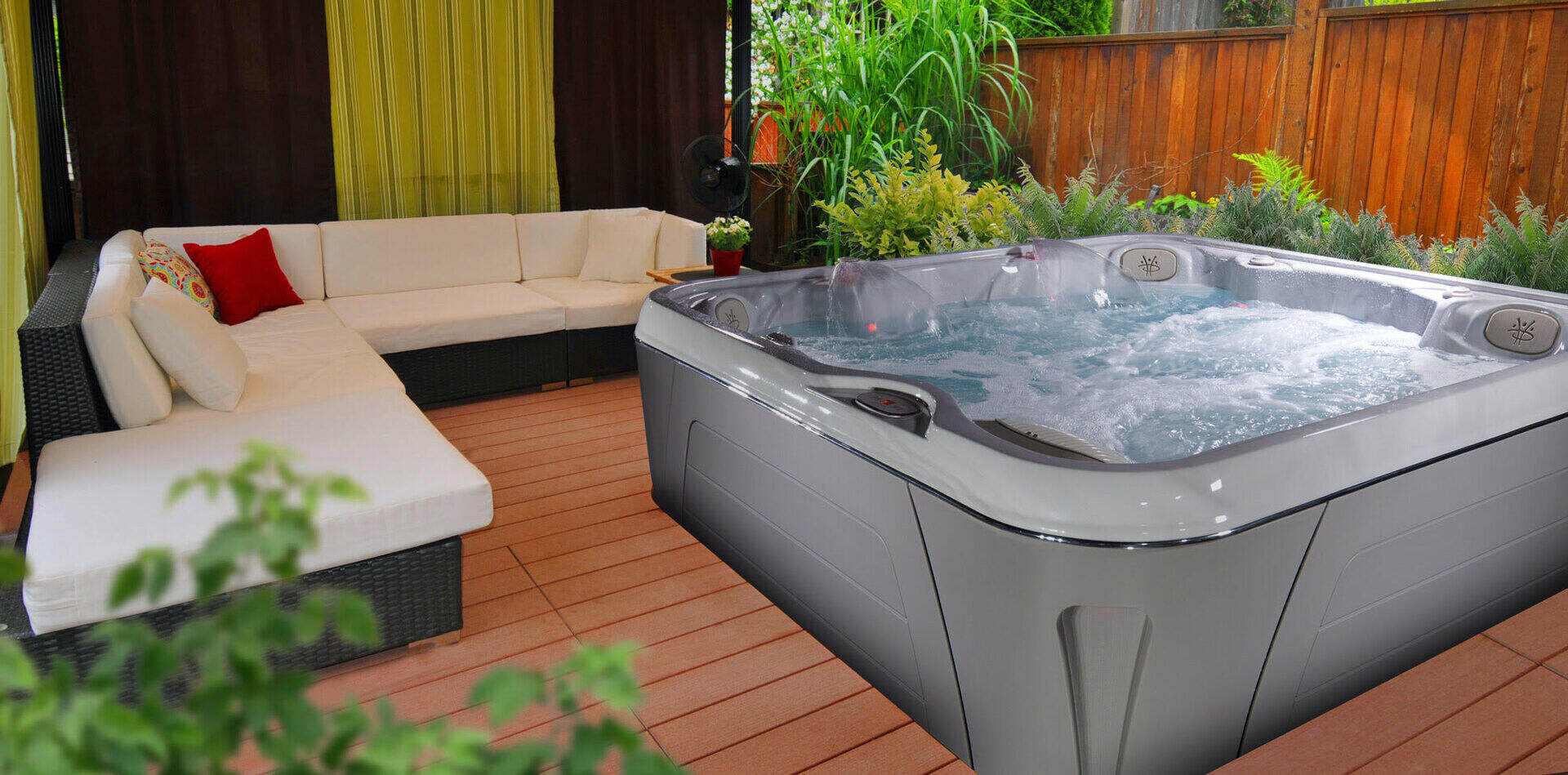
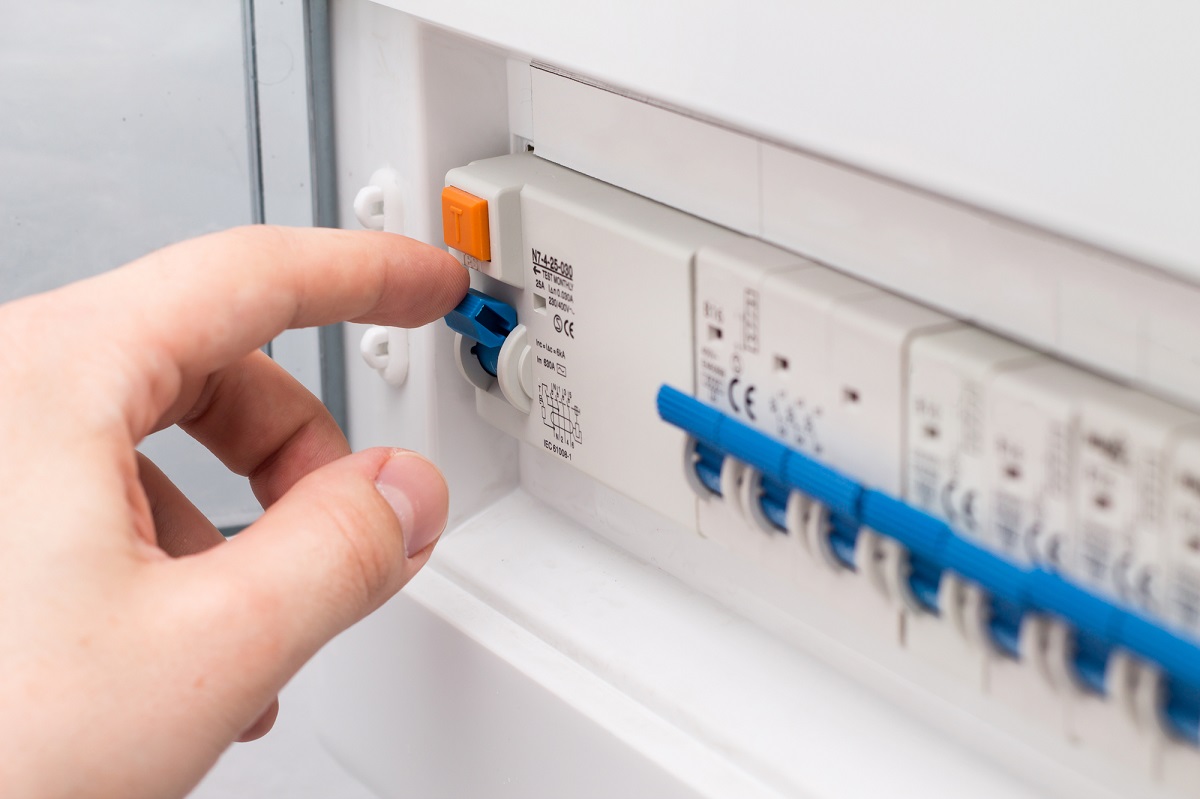
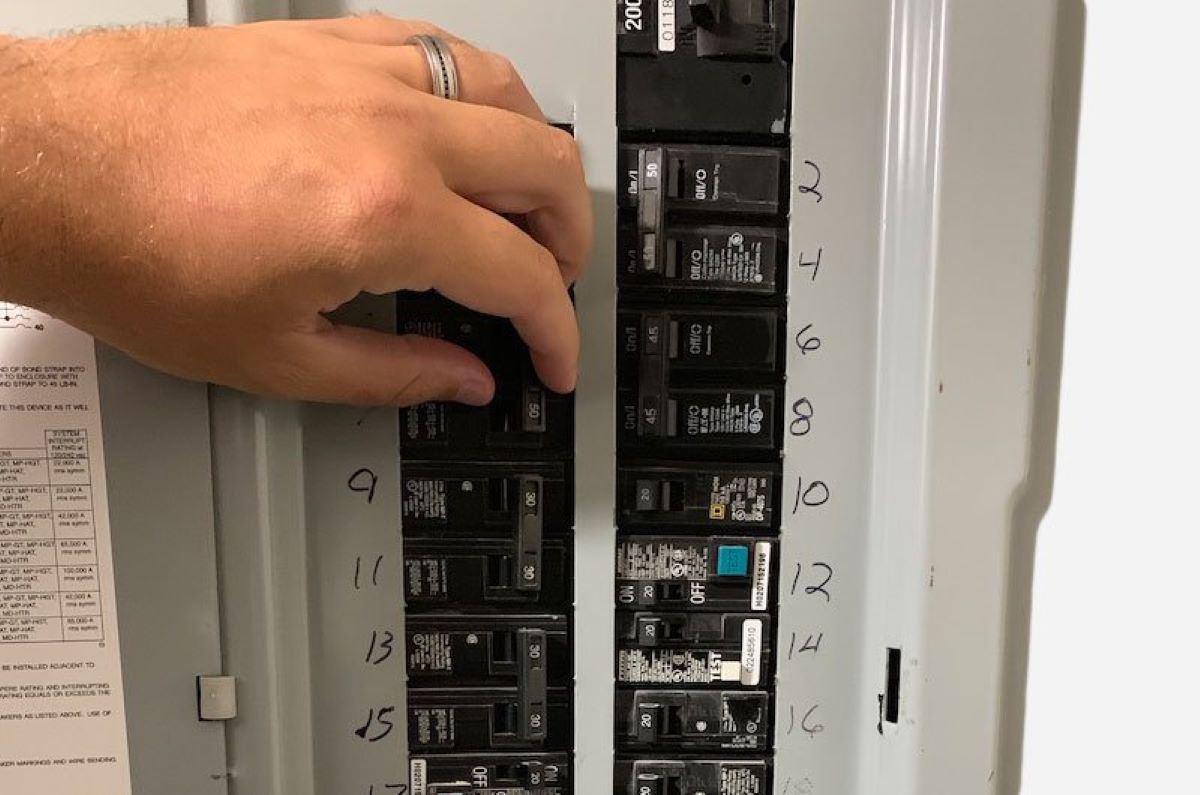
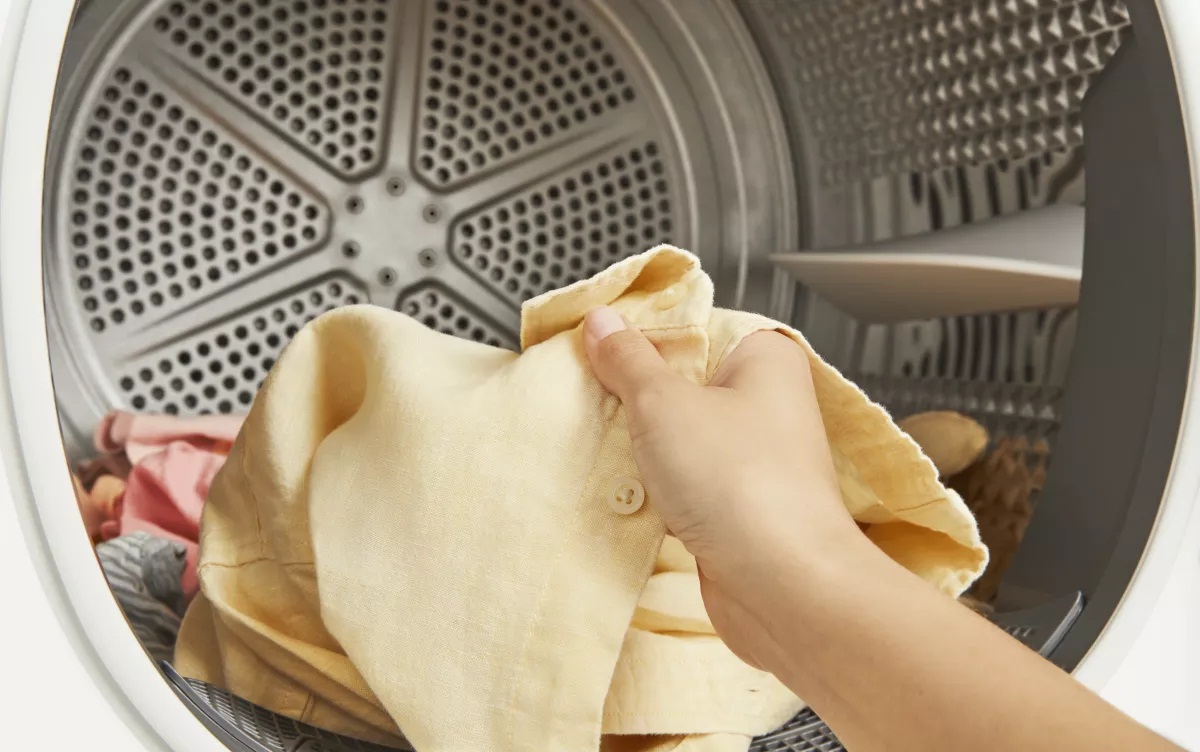
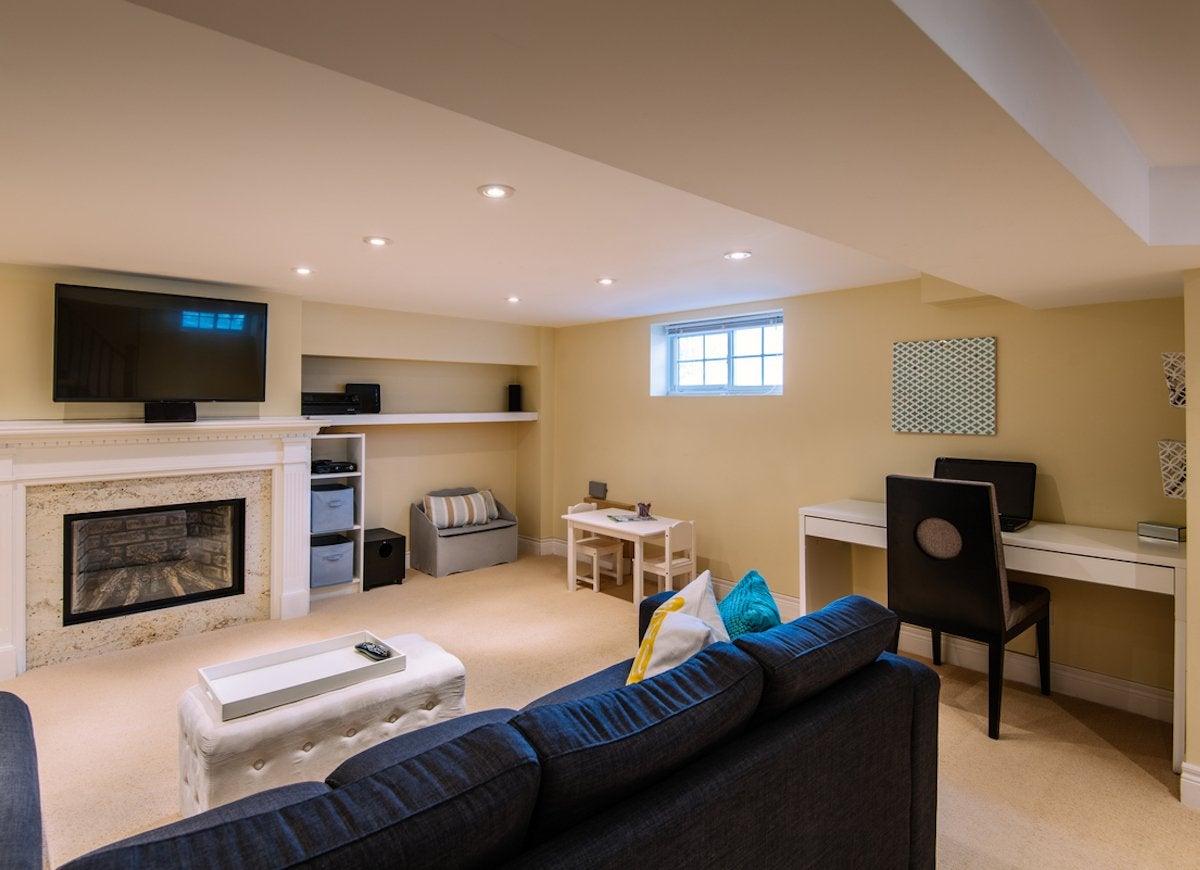
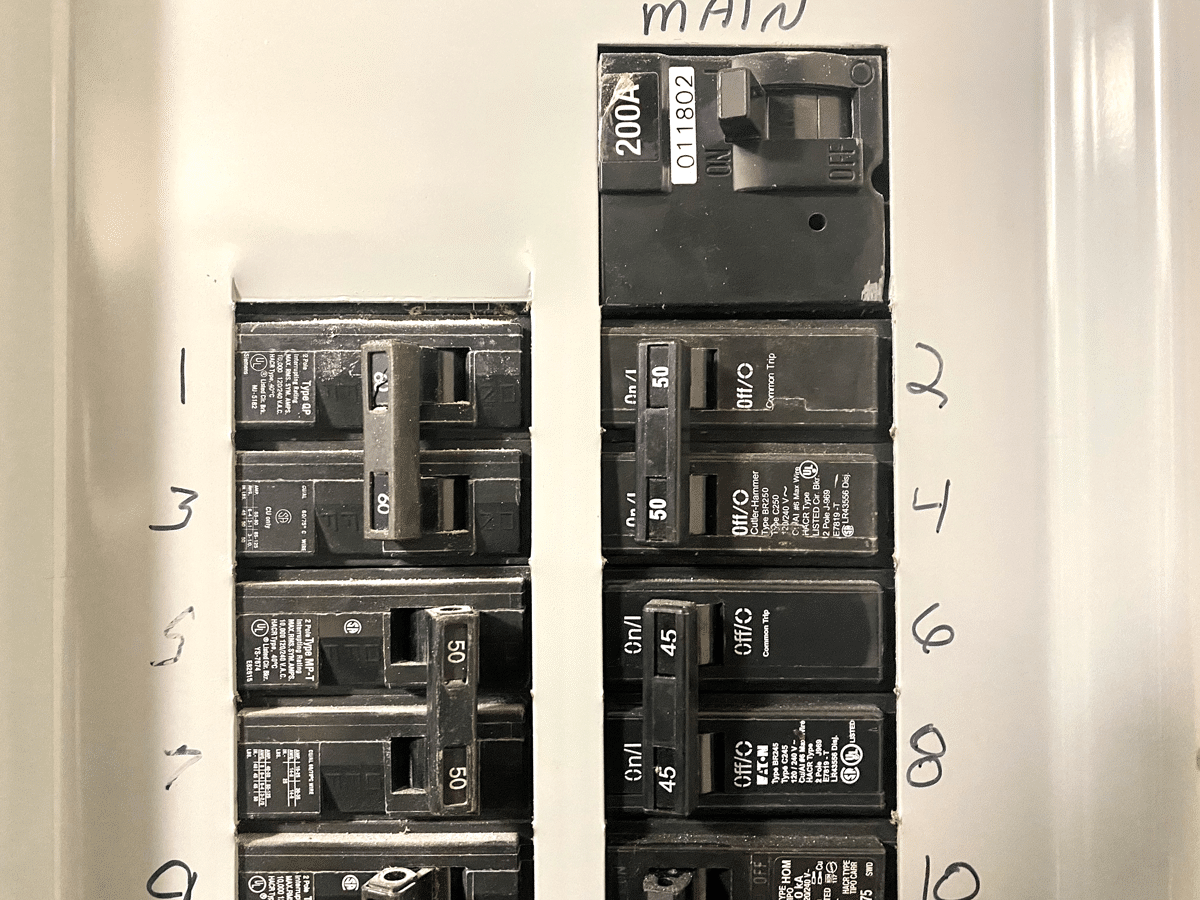
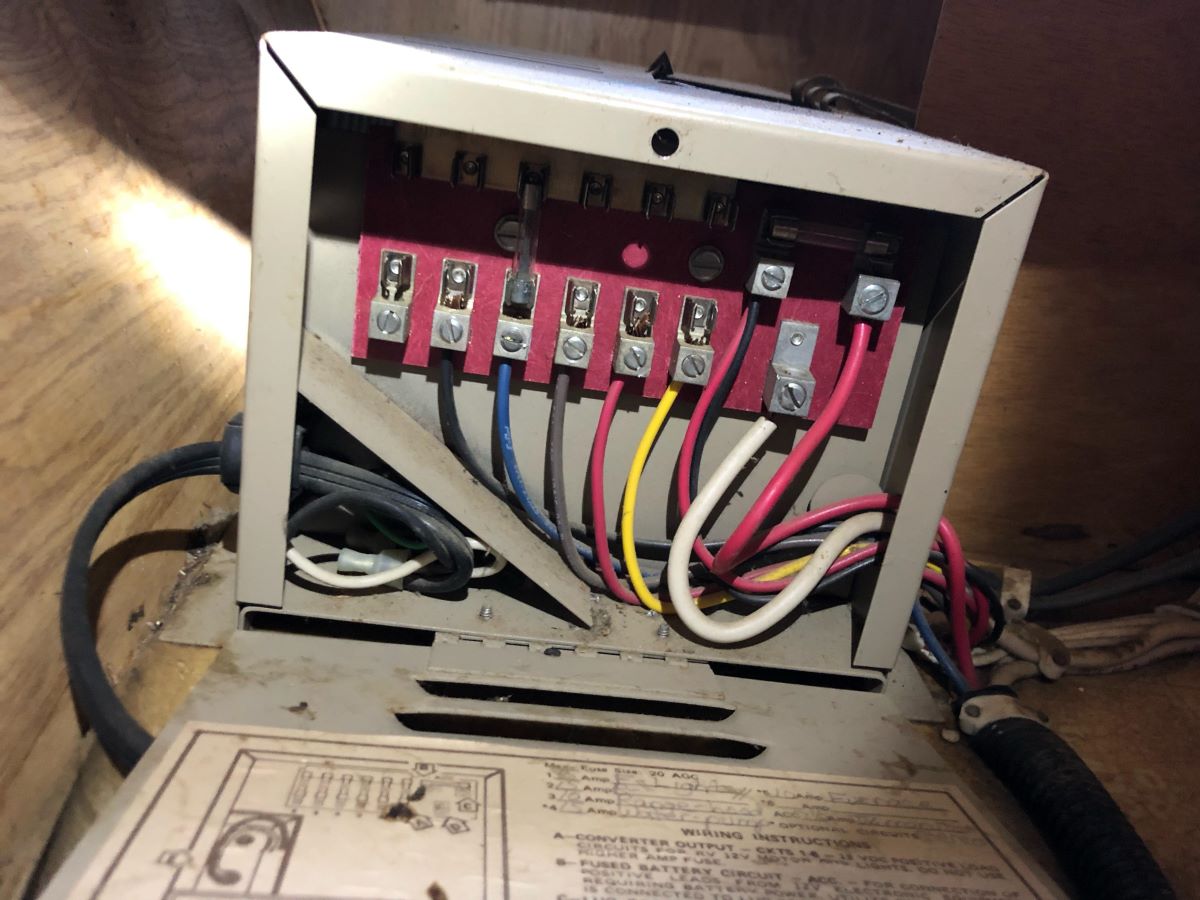
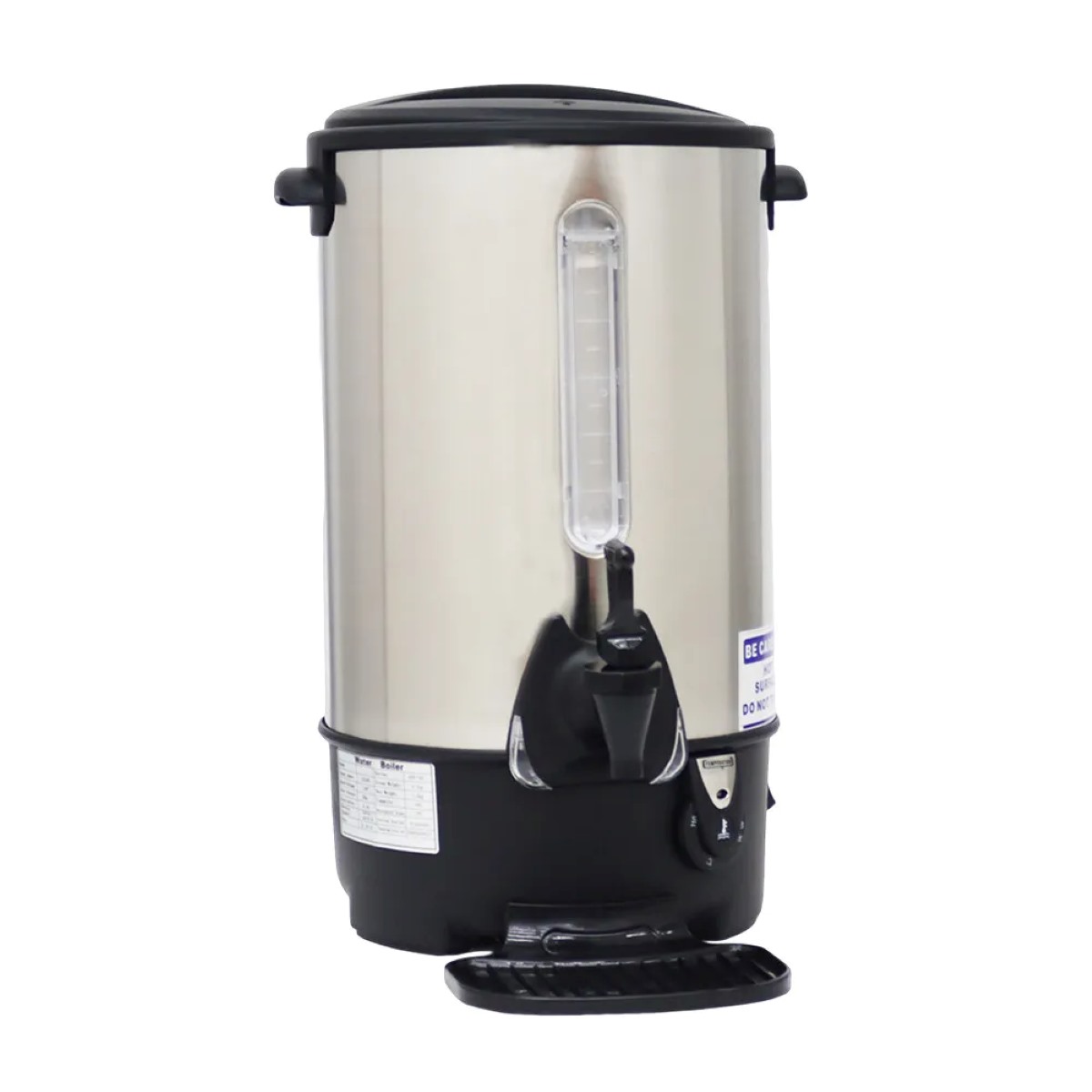
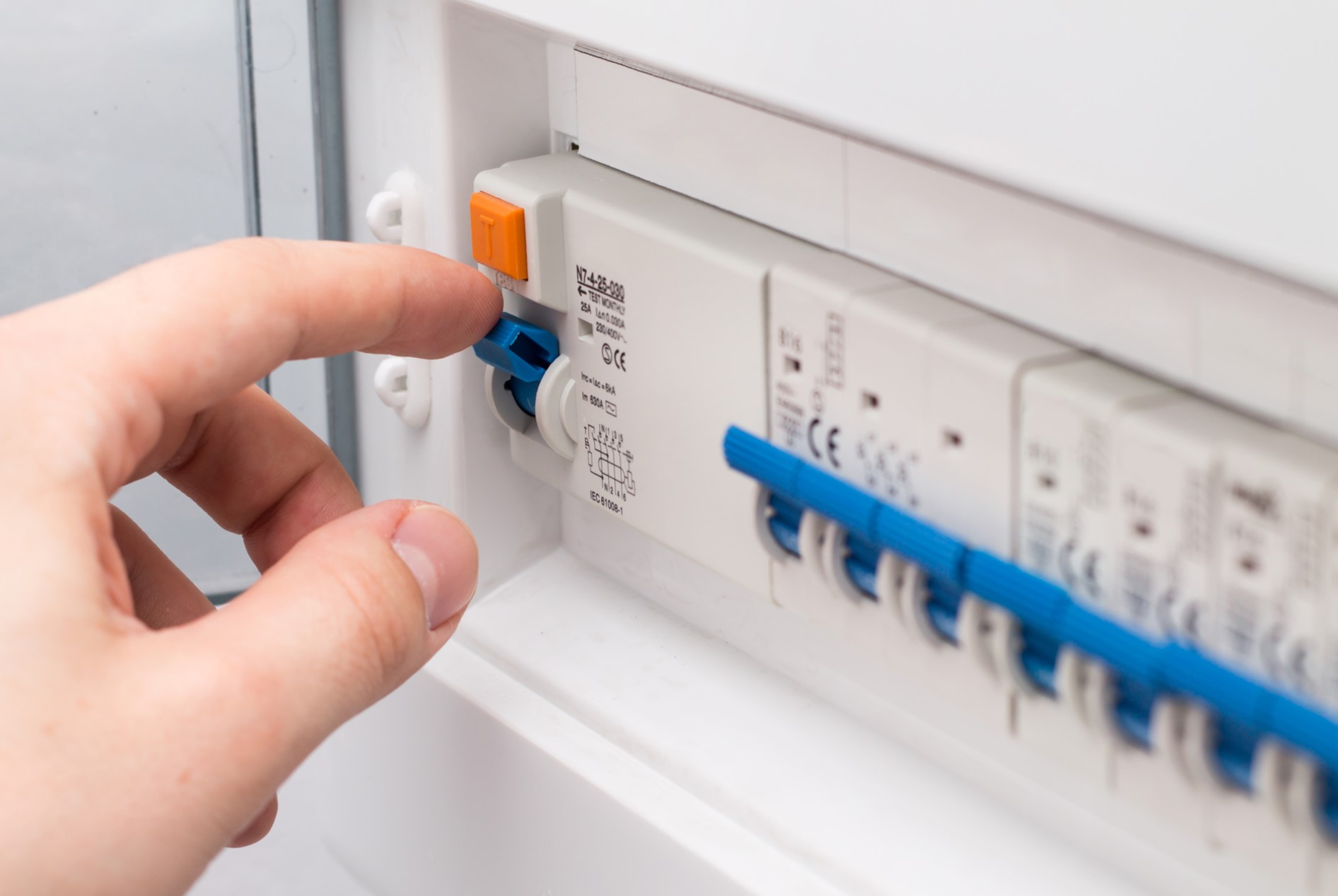
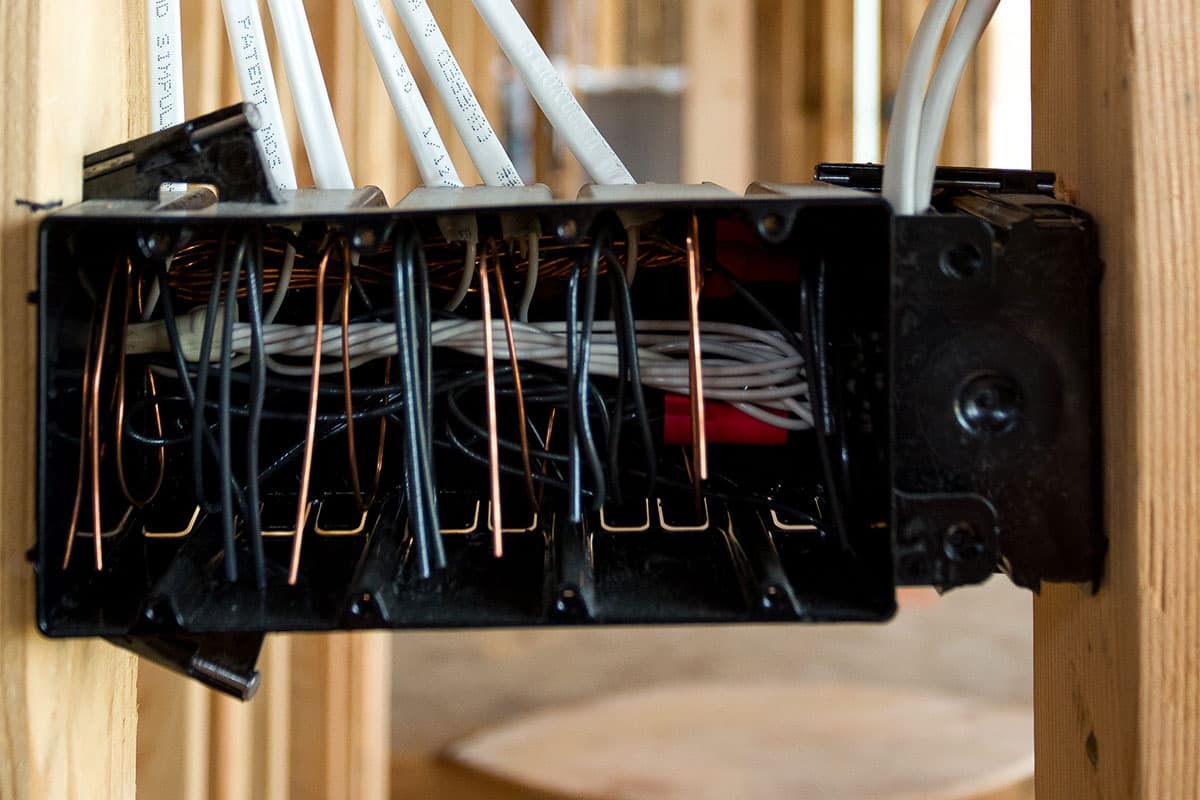
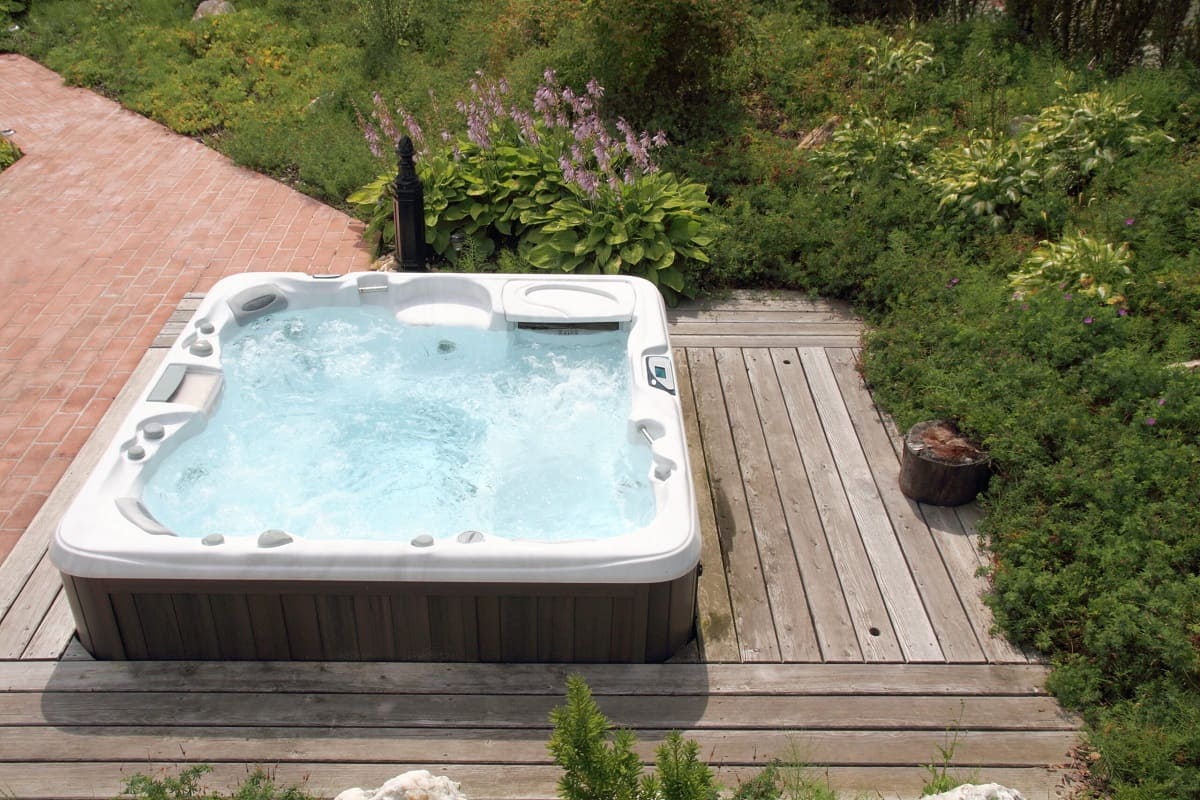

0 thoughts on “Why Are My Breakers Hot”